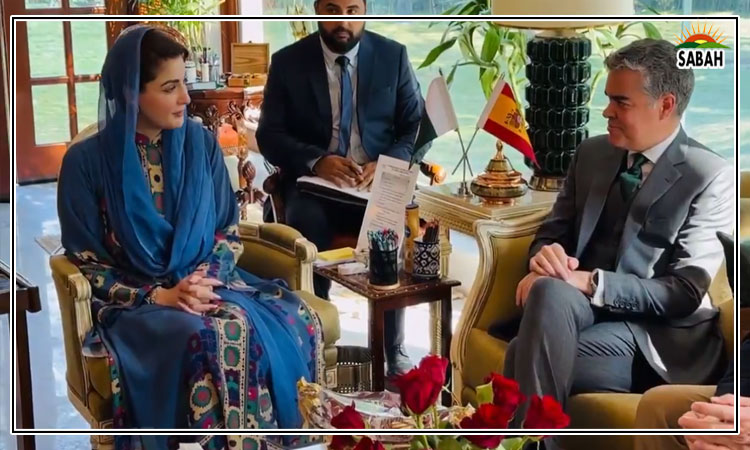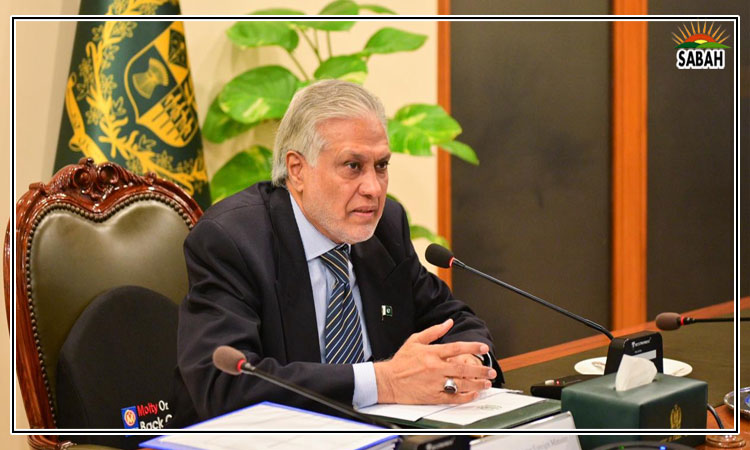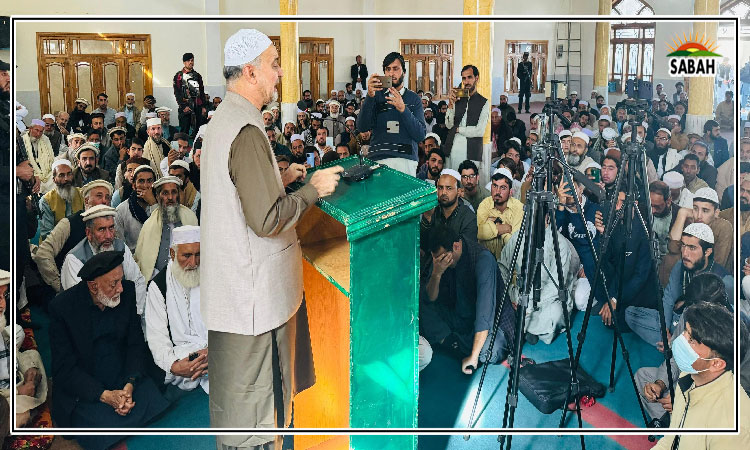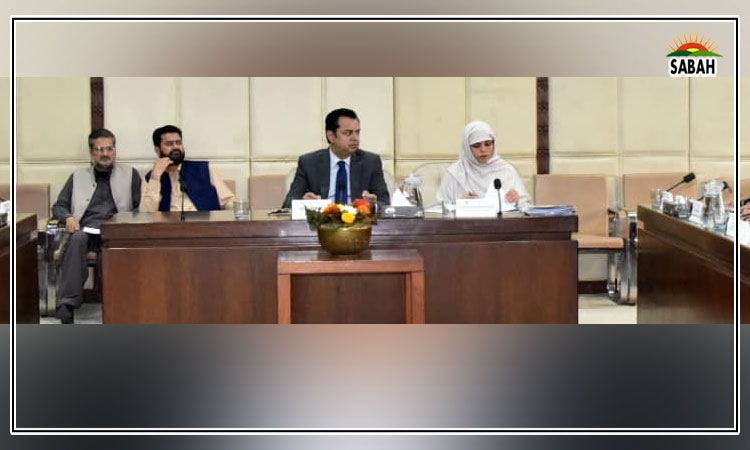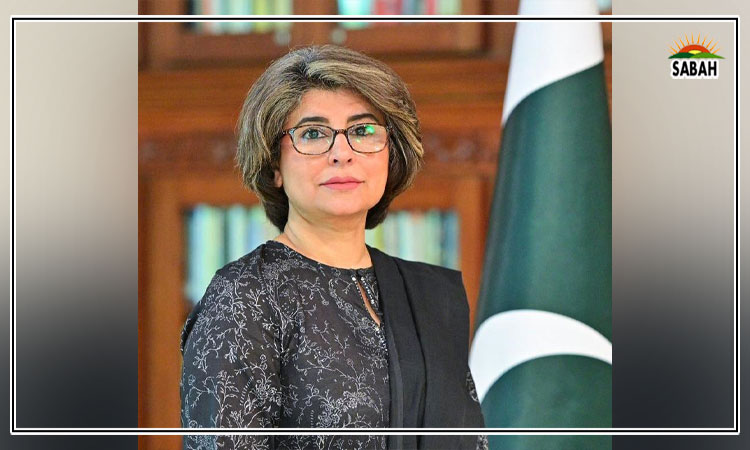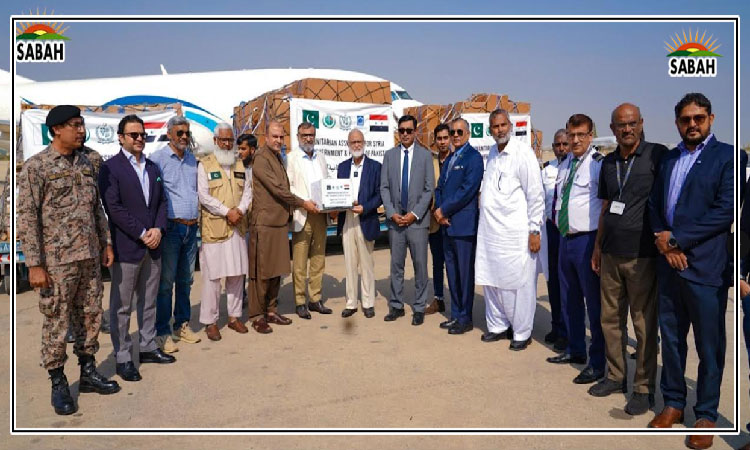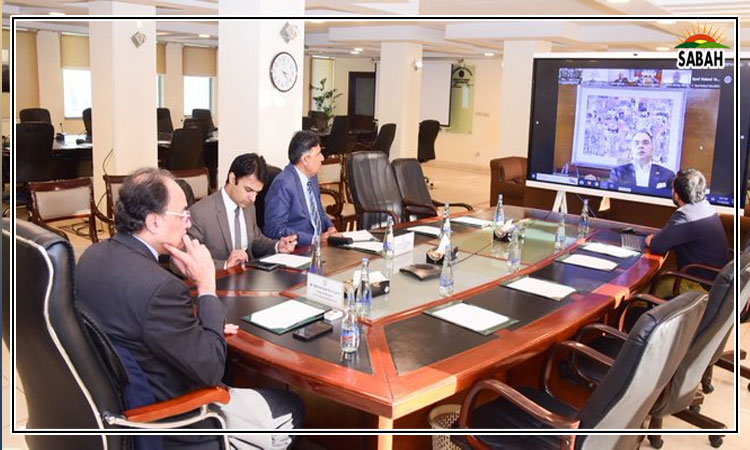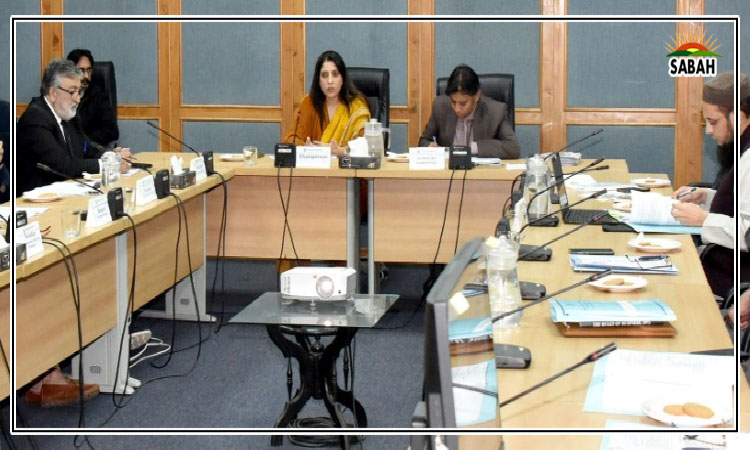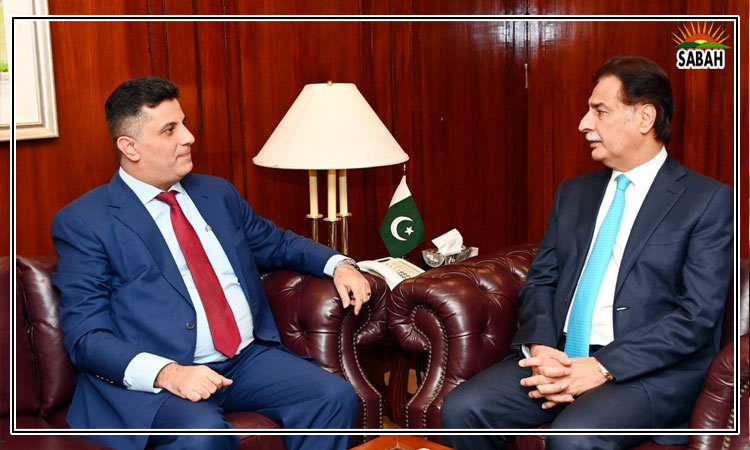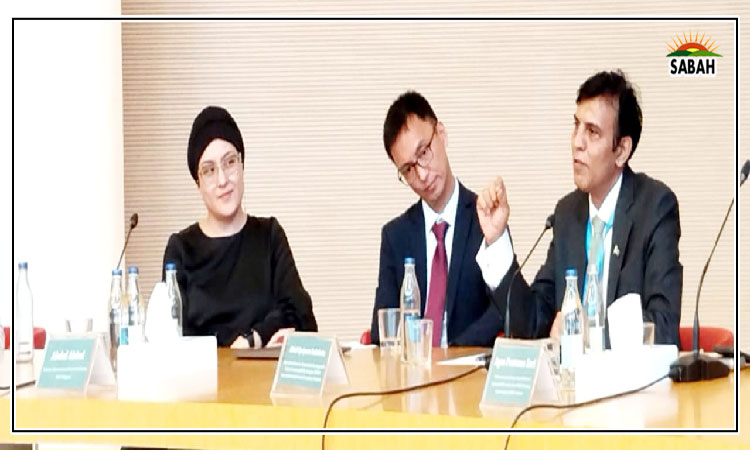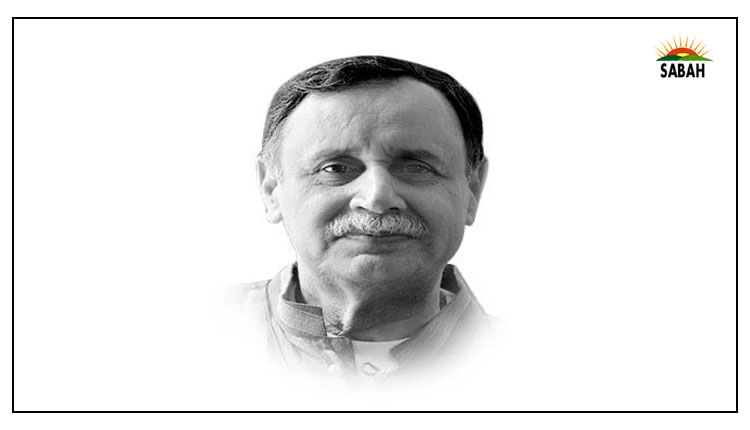The tyranny of poverty and injustice…Naeem Sadiq
Pakistan has steadily slipped to a point where its human development indicators are among the worst even in the developing world: 48 million people undernourished, 80 million people illiterate, 90 million people with no access to health facilities, 9th among top 10 countries with lowest access to clean drinking water and more than half of children between 5 and 16 not going to school.
Despite having devoured over $10 billion in foreign grants and loans under the pretext of poverty alleviation and numerous such other programmes like BISP and Ehsaas, Pakistan could not lift a single citizen out of the deep and miserable abyss of poverty.
The reason is simple. It suits the rich and heartless ruling elite to push millions into poverty and modern-day slavery in order to preserve an exploitative class system that cushions their obscenely luxurious lifestyles. The experiment of foreign loans and cosmetic dole schemes, more for recruiting voters and less for poverty alleviation has failed and must be discontinued.
Only if Pakistan had focused on reforming its three existing but dysfunctional schemes, it could have done wonders in providing a dignified life to the majority of its ordinary citizens. Our existing laws, with slight modifications, allow us to provide a decent minimum living wage, a mandatory EOBI pension and a social security scheme for all citizens.
Sadly no government made a pennys effort in reforming and implementing any of these three poverty alleviating mechanisms. Sadly, the government and the rich elite of Pakistan have colluded to create numerous underpaid, oppressed and deprived sections of society. There are at least half a million sanitation workers in Pakistan, being illegally kept on daily wages (instead of regular jobs) for past several years in various municipal corporations, cantonments, solid waste management boards and government organisations.
Discriminated on religious and social grounds, they are made to work under inhuman, unsafe and demeaning conditions, such as manually entering and cleaning raw sewage gutters. Ninety per cent of them receive between Rs15000 and 20,000 a far cry from the legal minimum wage of Rs25,000 for an 8-hour shift. They are neither registered with EOBI nor with Social Security. Thus they live their entire life in utter poverty and misery and also become a burden on society after reaching the retirement age. Government departments, banks, post offices, petrol pumps, commercial organisations and individuals across Pakistan employ almost a million security guards through private security companies. Like the sanitary workers, they too are a highly exploited, neglected and voiceless section of our society.
Their working conditions could well match those of the Nazi concentration camps. They are made to work 12 hours every day for 30 days in a month. Deprived of a weekly holiday, many do not even manage to see their children for months. The minimum wage law of Pakistan requires that they be paid Rs25,000 for first 8 hours and another Rs25,000 for the next four hours (over time is paid at twice the normal rate). Sadly, 90 per cent of the security guards receive an abysmal and illegal salary between Rs12,000 and Rs22,000 per month.
Except for a token few, no security company bothers to register them with EOBI or social security. Thus they too must prepare for a life of post retirement dependency. The third category of those deliberately exploited and dragged into poverty are the people who work at petrol stations all across Pakistan. They operate the pumps and put fuel in our vehicles. At more than 15,000 legal and illegal petrol stations in Pakistan, thousands of these employees work in a 24-hour shift for 15 days every month. At the rate of Rs25,000 for the first 8-hour and double the amount for the overtime, they are entitled to receive a minimum salary of Rs62,500 per month. Sadly they receive no more than one-third of this amount and are also denied their right to EOBI and social security. Thus one of the most profitmaking segments of industry is also the one that forces these workers to live a life of perpetual misery and poverty.
Shangla, a remote and impoverished town in KhyberPakhtunkhwa, can claim a unique distinction and contribution to the furnaces (of greed) that keep the industry going. Almost 70 per cent of all coalminers in Pakistan belong to Shangla. It is a town that receives, grieves and buries over 300 dead bodies every year. These are the charred unrecognisable leftovers of its men who, driven by poverty, leave homes only to die in coal mine accidents across the country. No wonder, it is also a town that has the highest number of widows, orphans and disabled persons in the country.
Pakistan is home to 186 registered and over 500 unregistered, unregulated, unsafe and contractor-operated coal mines. The mines offer less than minimum legal wage, no EOBI and no social security. Tragically they also offer a high chance of being blown to pieces by gas explosions or crumbling roofs and an assured lifelong suffering from Coal Workers Pneumoconiosis (CWP), commonly referred to as black lung disease caused by inhaling coal mine dust. In a classic complicity between the influential mine owners, greedy contractors and corrupt and incompetent mine inspectors, the mines largely operate without gas detectors, wireless communication, ventilation systems, smart helmets, air blowers, oxygen supply, rescue mechanisms and personal protective equipment. Exploiting children below 18 and men above 60 is a rampant phenomenon that remains unnoticed and unspoken.
Why does Pakistan provide its sanitation worker, security guards, petrol station employees and coal mine workers such abysmal salary, a lifelong insecurity, painful poverty and life-threatening working conditions? These workers are equal and honourable citizens of Pakistan. Why have they been forcibly deprived of their dignity, legitimate salaries and human rights? Why are they pushed into graveyards of coal mines and deep raw sewage gutters every day? All this is neither incidental nor ordained.
It is a planned arrangement that perfectly suits and supports the unethical ostentatious lifestyle of our greedy elite, our dysfunctional bureaucracy and our compromised mine departments. We need not go begging for funds from abroad to uplift people who are chained to our own self-created shackles. We can transform their lives simply by reforming and implementing our processes of minimum wage, EOBI and social security.
We ought to move away from the colonial minimum wage of Rs25,000 to a fair living wage of at least Rs50,000 per month for each of these four oppressed sections of our society. For too long they have been victimised by poverty and injustice. It is time for the state and its rich cronies to lift the knees of tyranny from the necks of millions of our oppressed, exploited, underpaid and discriminated citizens.
Courtesy The Express Tribune


